APEX in Profile: Erdmann Rauer
Share
Erdmann Rauer
Chief Executive Officer
LSG Lufthansa Service Holding AG
Erdmann has been at the helm of LSG Group since October 2014, and has been with the company for 10 years. He’s a forward-looking, strategic thinker who’s adept at handling tasks with equal measures of energy and pragmatism. Over the past 18 years, he has gained considerable international business experience in logistics and supply-chain management within highly diverse cultural environments.
FAST FACTS
Location: FRA
Frequent flight: FRA-DFW
The future of flight will be: Experience
Favorite aircraft: B747-8
Paper or electronic boarding pass: Electronic
What do you think is the most overlooked aspect of the passenger experience?
That in the first place, the passenger is not just a traveler but a consumer – an individual with particular expectations who wishes to make every moment of his or her journey special. Today’s passenger doesn’t simply want to be taken from point A to B. He or she wants to enjoy the trajectory by being offered plenty of options. This is why airlines need to gain a better understanding of the needs of their consumers, and offer flexible in-flight experiences that can be individualized with each consumer’s needs. As an in-flight services provider, we are working hard to offer tools and services that support our airline customers in addressing those needs.
“The passenger is not just a traveler but a consumer – an individual with particular expectations who wishes to make every moment of his or her journey special.”
What’s been the most significant change you’ve noticed in the travel industry since you got started?
When I started in this industry 10 years ago, it was in a completely different situation. It had just gone through a difficult period and was still in recovery mode. Low-cost carriers were still seen as an existential threat and traveling by train was not yet considered a viable alternative by most travelers.
Today, the travel industry in general has a much wider portfolio to offer. Airlines use very different business models, from low-cost regional and long-haul carriers, to hybrid airlines offering a choice between flight packages or components to pick from, to charter and traditional network carriers. Virtually every airline group operates under a variety of models today in an effort to serve consumers of any age with the right offer to fit their different needs.
What are some of the challenges that come with being a supplier to the airlines? How are they different from your retail and train operator customers?
In that sense, I would not differentiate between customers by industry. What is the same is our customers’ expectations in terms of us being proactive in coming up with new concepts, tools and products. Luckily, these expectations totally match our own perspective regarding our obligation to stay at the forefront of our industry. Being a market leader in in-flight services, we understand that we have a duty to help develop and shape our industry. This understanding is part of what makes us successful, not just in the airline industry; our aptitude for innovation is also what has allowed us to make significant inroads with train operators and convenience retail companies. We continually strive to come up with new ideas that we can turn into practical solutions that will please and satisfy the consumer, who is the common customer across all these industries.
“I am probably a good example of a consumer with very different expectations … somebody for whom the flexibility and individualization of onboard service is a great attraction while traveling.”
What does your typical workday look like?
In reality, there is no such thing as a typical day for me. Given the size of our network, the many contacts you need to nurture and maintain and the wide number of tasks at hand, every workday is very different from the last. But this is one of the aspects I love most about my job. We cannot serve travelers if we don’t understand their requirements, and I think the best way to do this is by putting yourself in their place. So I take advantage of my own considerable time on the move by observing consumer behavior, talking to people and reflecting upon all these experiences after enjoying a good meal and some great entertainment on board. That’s also something many of our employees do.
What is your favorite food to eat on an airplane?
I don’t have any particular favorite food on the ground or in the air. It all depends on the day, time and duration of the flight, season and probably also my general mood. I guess that makes me a typical consumer. Sometimes I know exactly what I want, while at other times I want to be surprised. At times, I look forward to the dining experience on board; sometimes I just want to relax and sleep. I am probably a good example of a consumer with very different expectations and requirements, somebody for whom the flexibility and individualization of onboard service is a great attraction while traveling.



